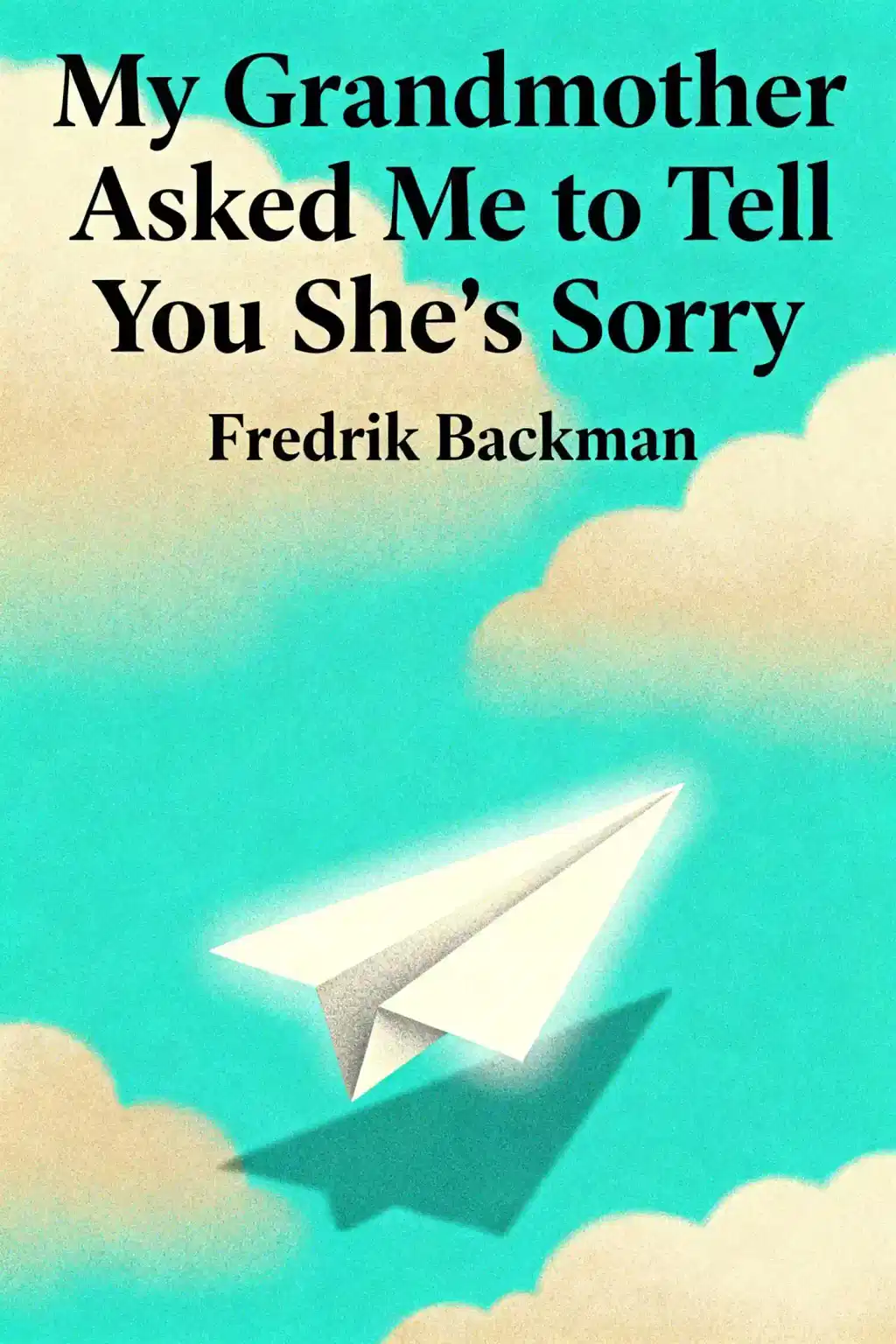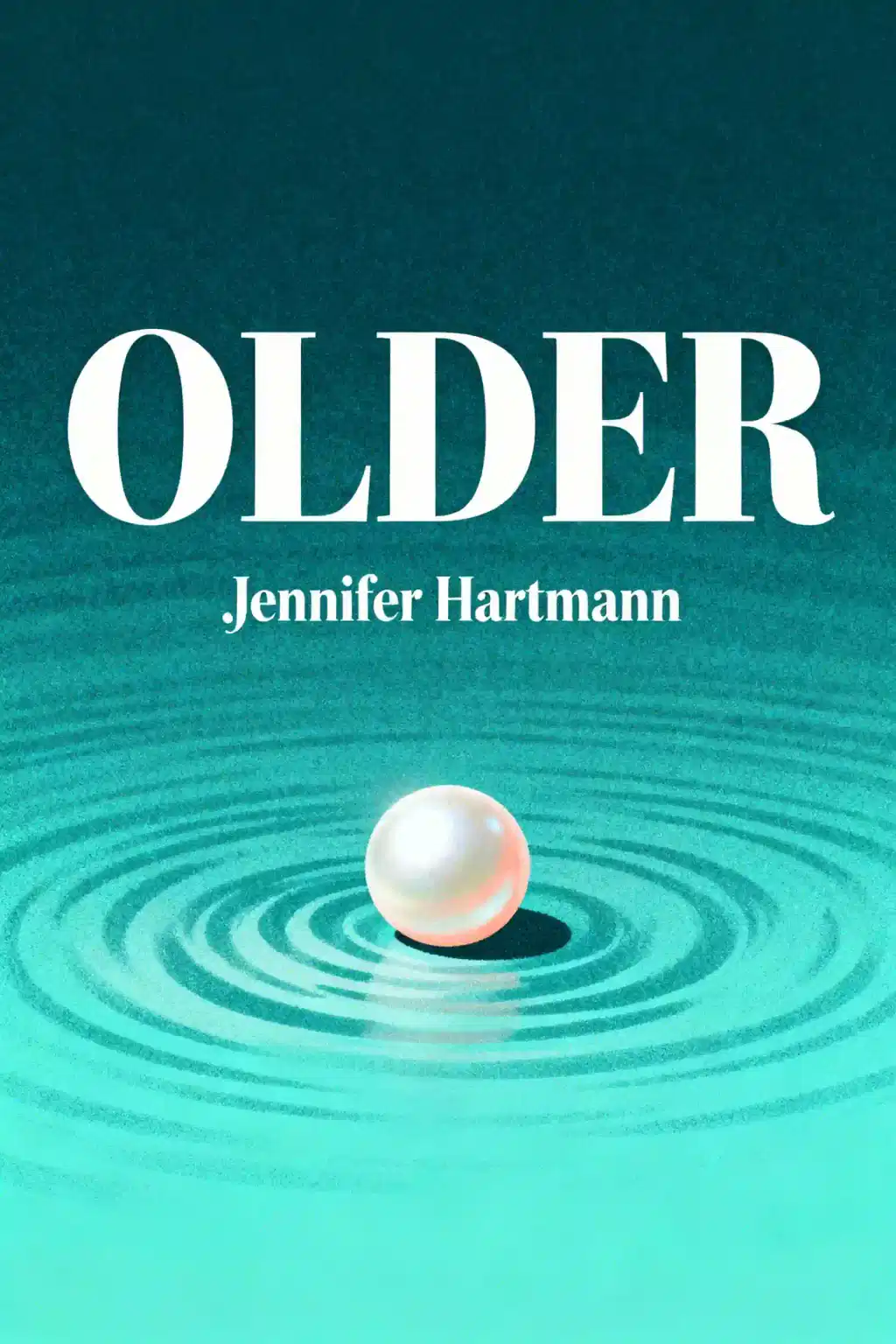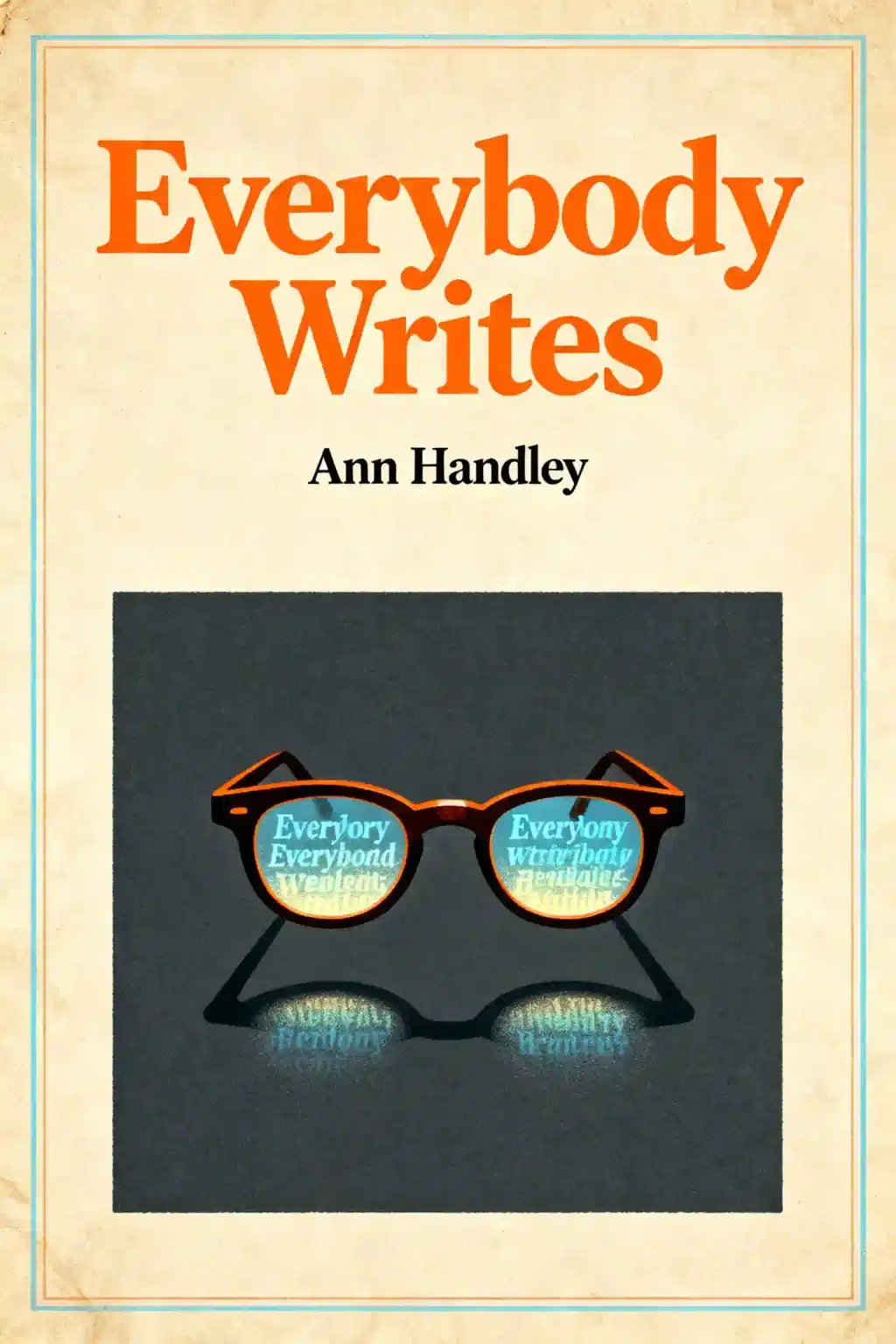What is My Grandmother Asked Me to Tell You She's Sorry about?
My Grandmother Asked Me to Tell You She's Sorry follows seven-year-old Elsa, who embarks on a quest to deliver her late grandmother's apology letters to neighbors. Through this journey, Elsa discovers that the fairy-tale kingdom of Miamas her grandmother created mirrors the real lives of people in their apartment building. Fredrik Backman blends magical realism with emotional storytelling to explore themes of grief, forgiveness, and the transformative power of imagination.
Who is Fredrik Backman and what other books has he written?
Fredrik Backman is a Swedish author born on June 2, 1981, in Stockholm, Sweden. He gained international fame with his 2012 debut novel A Man Called Ove, which became a number one bestseller and was adapted into award-winning films. Backman's other bestselling works include Beartown, Us Against You, Britt-Marie Was Here, Anxious People, The Winners, and My Friends. His novels are celebrated for heartwarming characters and exploration of community, loneliness, and human relationships.
Who should read My Grandmother Asked Me to Tell You She's Sorry?
My Grandmother Asked Me to Tell You She's Sorry is ideal for readers who appreciate emotional, character-driven fiction with humor and heart. The book resonates with those dealing with grief, seeking stories about complex family dynamics, or looking for hopeful narratives about forgiveness and healing. Fredrik Backman's fans will recognize his signature blend of pathos and wit, while newcomers seeking deeply human stories with magical realism elements will find it captivating.
Is My Grandmother Asked Me to Tell You She's Sorry worth reading?
My Grandmother Asked Me to Tell You She's Sorry offers exceptional emotional depth, exploring grief, forgiveness, and love through Fredrik Backman's distinctive narrative style. The novel features complex, flawed characters whose personal histories reveal the impact of war, loss, and displacement. Backman's unique blend of humor, magical realism, and profound life lessons creates a moving, memorable reading experience that resonates long after the final page, making it worthy of readers' time.
What are the main themes in My Grandmother Asked Me to Tell You She's Sorry?
My Grandmother Asked Me to Tell You She's Sorry explores human imperfection as a central theme, showing that no one embodies ideal versions of themselves. Transformation and healing emerge through characters wounded by war and trauma who find paths to forgiveness. The novel emphasizes the power of storytelling, imagination, and the importance of second chances. Fredrik Backman weaves themes of community, loneliness, and the cyclical nature of life and death throughout Elsa's journey of understanding.
What is Miamas in My Grandmother Asked Me to Tell You She's Sorry?
Miamas is the magical fairy-tale kingdom that Granny created for Elsa, serving as both an imaginative escape and a metaphorical parallel to their real-world apartment building. The extent to which Miamas is real or imaginary remains deliberately ambiguous, allowing readers to interpret its nature. This storytelling device demonstrates the power of imagination in childhood and how narratives help us cope with difficult experiences, ultimately revealing deeper truths about the people around Elsa.
What are the most memorable quotes from My Grandmother Asked Me to Tell You She's Sorry by Fredrik Backman?
- "All seven-year-olds deserve superheroes" encapsulates Fredrik Backman's message about childhood imagination and the importance of having role models.
- "Changing memories is a good superpower, I suppose" reflects how storytelling helps us process difficult experiences.
- "It's a grandmother's prerogative never to have to show her worst sides to her grandchild" acknowledges family relationship complexities while highlighting the special grandmother-grandchild bond.
These quotes reveal the novel's depth about human imperfection and love.
How does My Grandmother Asked Me to Tell You She's Sorry end and what does it mean?
My Grandmother Asked Me to Tell You She's Sorry concludes with the creation of Mipardonus, the seventh kingdom symbolizing forgiveness and healing. The birth of baby Harry and the death of the wurse on the same day underscore life's cyclical nature. Fredrik Backman emphasizes that storytelling preserves memories and creates meaning amid loss. The ending offers hope for the future while honoring the past, demonstrating how Elsa's journey transforms her understanding of her grandmother's imperfections and legacy.
What does My Grandmother Asked Me to Tell You She's Sorry teach about forgiveness and healing?
My Grandmother Asked Me to Tell You She's Sorry demonstrates that forgiveness is a transformative choice we can make despite past hurts. Fredrik Backman shows through various characters wounded by war and trauma that healing doesn't erase strangeness or imperfection but enables love. Granny's apology letters represent the opportunity to acknowledge wrongdoing and seek reconciliation. The novel suggests that understanding someone's complete story—their struggles, choices, and circumstances—opens pathways to compassion and forgiveness.
What are criticisms of My Grandmother Asked Me to Tell You She's Sorry?
Critics debate whether Granny's reckless behavior, presented as eccentric charm, adequately addresses the consequences of her actions and ethical implications. Britt-Marie's character initially appears as a negative stereotype before transformation, raising questions about judgment and growth. Fredrik Backman's exploration of violence and revenge through Wolfheart's actions prompts discussion about morality, justice, and forgiveness. Some readers find the magical realism elements less compelling than the real-world emotional drama, preferring Backman's straightforward storytelling approach.
How does My Grandmother Asked Me to Tell You She's Sorry compare to A Man Called Ove by Fredrik Backman?
Both My Grandmother Asked Me to Tell You She's Sorry and A Man Called Ove feature Fredrik Backman's signature exploration of community and unlikely friendships between neighbors. While A Man Called Ove centers on a curmudgeonly older man finding purpose, My Grandmother focuses on a child processing grief through magical storytelling. A Man Called Ove employs more straightforward realism, whereas My Grandmother incorporates fairy-tale elements and fantasy. Both novels celebrate imperfect people finding connection, though My Grandmother offers a more whimsical, childhood-centered perspective.
Why does Fredrik Backman use fairy tales and magical realism in My Grandmother Asked Me to Tell You She's Sorry?
Fredrik Backman employs fairy tales in My Grandmother Asked Me to Tell You She's Sorry to demonstrate imagination's power in processing trauma and grief. The fantasy kingdom of Miamas serves as a coping mechanism for Elsa and a creative way to explain complex adult realities. Magical realism allows Backman to explore heavy themes—war, death, abandonment—through a gentler lens accessible to readers. This storytelling approach emphasizes that narratives help us make sense of life's difficulties and preserve meaningful connections across generations.














